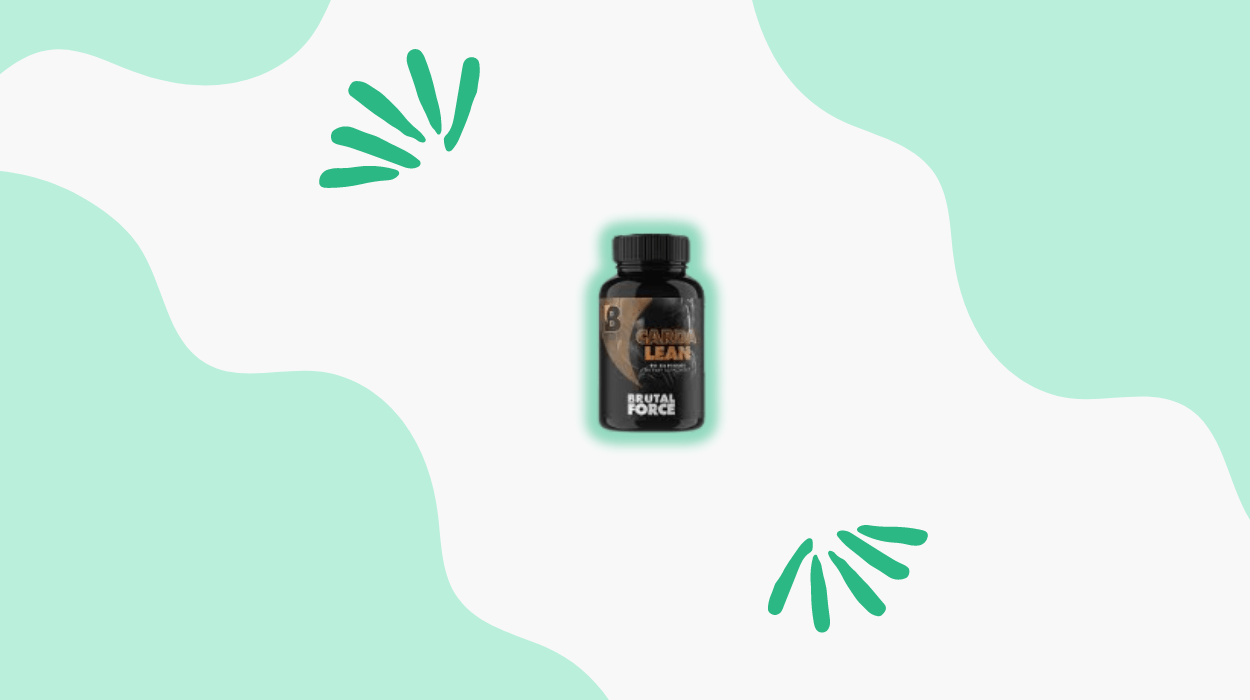

Coffee is an alkaloid obtained from coffee beans, tea leaves, and cacao pods. It is also found in chocolates, pain-relieving drugs, and caffeinated drinks. Many of you start your day with coffee, which might give you the much-needed energy to kickstart your day.
Coffee contains phytochemicals like chlorogenic acids, which possess anti-inflammatory properties and contribute to various health advantages. Some people believe that coffee might help in managing their appetite.
However, it becomes essential to understand the relationship between coffee and appetite and whether drinking coffee could curb your food intake. You must consider how coffee interacts with the body’s hunger signals.
This article will help you comprehend the relationship between coffee consumption and its potential impact on appetite.
Read on to learn the health advantages and other alternatives of coffee that could assist you in your weight loss journey.

Drinking coffee has phytochemicals like chlorogenic acids, which possess anti-inflammatory properties that can positively impact cellular health.
It can help reduce the risks of metabolic disorders, cardiovascular diseases, and certain cancers.
Studies suggest that coffee may lower the susceptibility to brain disorders such as Parkinson’s disease, Alzheimer’s disease, and depression.
Coffee can typically take 15-45 minutes to work as an appetite suppressant. It might curb appetite due to the presence of caffeine in it.
Once consumed, caffeine is rapidly absorbed by the body, entering the bloodstream within 15 minutes and reaching complete absorption within 45 minutes. These physiological effects occur swiftly, contributing to the rapid appetite-suppressing properties of coffee.
The onset of coffee’s appetite-suppressing effect can vary depending on personal factors such as metabolism and sensitivity.
Research suggests that the caffeine in coffee stimulates the central nervous system, raising the heart rate and relaxing air passages soon after consumption.
The variation in coffee types might influence the efficacy of its appetite-suppressing properties, creating a subtle interplay between different brews and their impact on satiety.
When considering how the type of coffee influences its appetite-suppressing effect, it is essential to note the following:
Bitterness vs. Sweetness:
Diverse Responses:
Complex Appetite Regulation:
Personal Preferences:
People with acid reflux, ulcers, irritable bowel syndrome, heart disease, or anxiety disorders should avoid using coffee due to its acidic and stimulating effects on the body.
Pregnant and breastfeeding women need to be mindful of their caffeine intake, as excessive coffee consumption can impact fetal development and milk production. It is advised that women should reduce their coffee consumption during pregnancy to less than 200 mg per daily.
People with insomnia or other sleep disorders should be cautious, as coffee has the potential to disrupt their sleep patterns.
Excessive caffeine consumption could lead to anxiety, insomnia, and calcium depletion, potentially increasing the risk of fractures in people with osteoporosis.
Thus, it is recommended to limit caffeine consumption to 400 mg per day to minimize adverse effects, roughly equivalent to four or five cups of caffeinated coffee.
Here are some potential consequences of excessive coffee intake:
Green tea contains EGCG, which may promote satiety and reduce cravings, potentially helping lose weight. Studies show that increased levels of EGCG from tea extract could lead to significant weight loss and decreased waist circumference.
Capsicum and Apple cider vinegar may reduce appetite and suppress hunger hormones. Optimal hydration is also essential in controlling appetite, as staying hydrated can help reduce the urge to eat unnecessarily.
Some other alternative options of coffee are:
However, it is crucial to be cautious with supplements not regulated by the FDA and claiming to suppress appetite, as their effectiveness is not verified.
Garcinia cambogia, found in some supplements, is linked to liver damage. Thus, you should carefully read labels and stay informed about the components in the products you choose to manage your appetite.
The timing of coffee consumption may impact its efficacy as an appetite suppressant. Drinking coffee 0.5 to 4 hours before a meal may help reduce hunger, while drinking caffeine 3 to 4.5 hours has minimal effect on the appetite.
Certain medications can interact with coffee and impact appetite. Stimulants like caffeine in coffee may affect medication absorption or metabolism, changing hunger levels.
Roasting changes bean composition, affecting phytochemical levels. Darker roasts may reduce chlorogenic acids linked to appetite regulation. However, further research is needed to clarify this relationship.
Hot coffee might offer a more pronounced appetite-suppressing effect due to its warmth, potentially affecting hunger perception differently than cold brew.
Instant coffee vs. brewed coffee can have varying effects on hunger levels due to differences in processing and concentration. Instant coffee, being more processed and potentially higher in caffeine content, may impact appetite differently than brewed coffee.
The relationship between coffee consumption and appetite suppression is complex and varies from person to person.
Factors like temperature, timing, and type of coffee also influence its effect on controlling and managing hunger urges.
It is essential to stay mindful of caffeine intake as overconsumption of coffee could also cause headaches, irritability, and sleep issues. To get the optimal benefit of coffee, try consuming it in moderation.
Suppressing appetite could have a negative impact on health, causing nutrient deficiency and low energy levels.
Thus, instead of focusing on appetite control to lose weight, you can make a few lifestyle modifications, including a balanced diet, limiting the intake of processed foods, and engaging in regular exercise for healthy weight management.
Tyler Read earned an undergraduate academic degree from Sonoma State University, California and is a certified personal trainer (CPT) with NASM (National Academy of Sports Medicine). With over 16 years of experience, Tyler has trained clients both online and in-person.
He is passionate about helping others turn their love for fitness into a career. Tyler has worked with many local and commercial gyms before establishing his successful private personal training business, which he continues to operate.
